
The 4 Essential Vitamins for Older Adults: Energy and Vitality
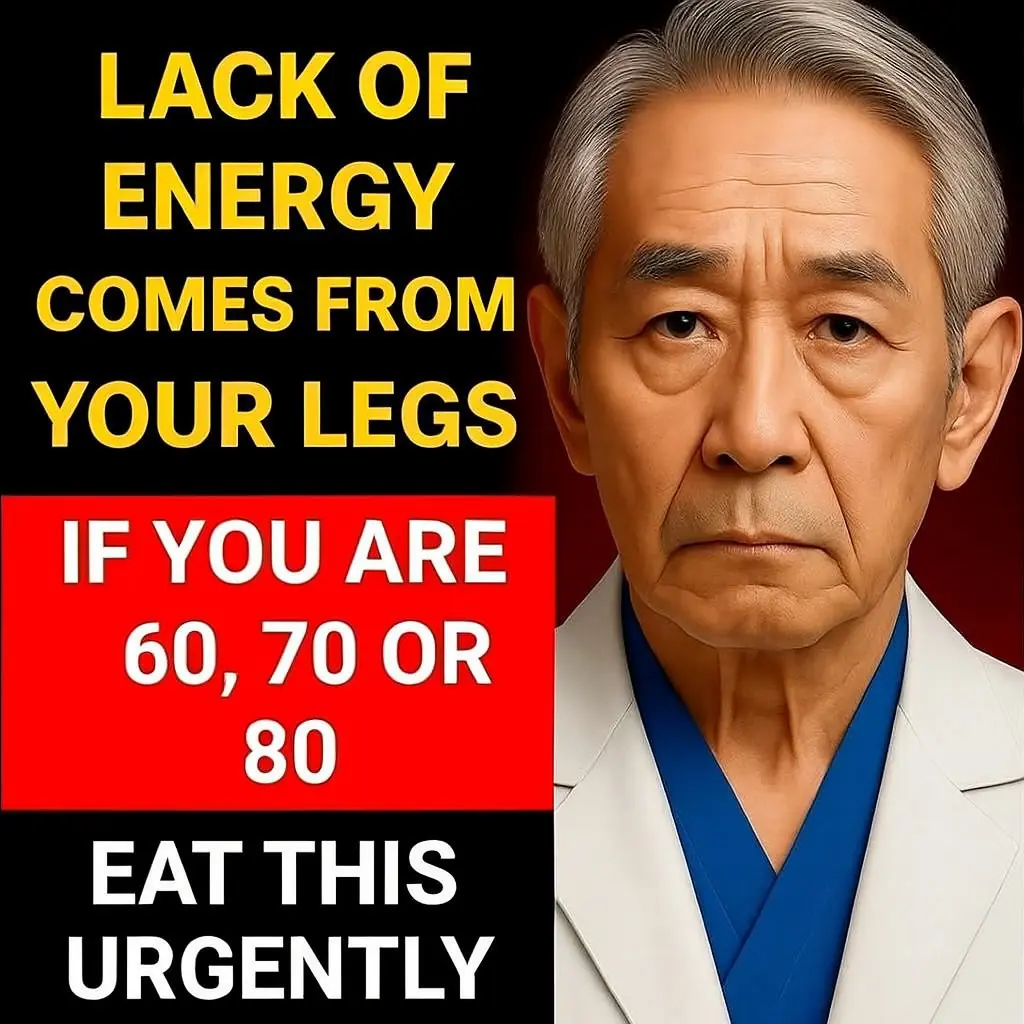
Energy is key to well-being and quality of life—especially in our later years. As we age, our bodies change, and maintaining a balanced diet becomes increasingly important. It’s common for older adults to experience low energy, which can impact their daily activities. In this article, we’ll explore the four essential vitamins every older adult should consider including in their daily diet. Let’s optimize your health with these vital nutrients!
1. The Importance of Vitamin D
Vitamin D is crucial for bone health and optimal immune system function. As we age, our skin becomes less efficient at producing this vitamin from sunlight. A deficiency in Vitamin D has been linked to increased muscle weakness and a higher risk of falls in older adults. Seniors should ensure they get enough Vitamin D through foods like fatty fish, egg yolks, and fortified dairy products. Supplements can also be considered—but always under a doctor’s guidance.
2. Vitamin B12 and Its Role in Energy
Vitamin B12 is essential for red blood cell production and maintaining the nervous system. B-complex vitamins in general help convert food into energy. However, older adults may have difficulty absorbing this vitamin, leading to anemia or general fatigue. Foods rich in B12 include lean meats, fish, dairy products, and fortified cereals. Adding these options to your diet can help maintain energy levels and support cognitive function.
3. Vitamin C: More Than Just an Antioxidant
Vitamin C is well-known for its antioxidant properties, but it also plays a crucial role in tissue repair and iron absorption, which are essential for sustaining energy levels. Many older adults suffer from iron deficiency, which leads to fatigue.
Incorporating Vitamin C-rich fruits and vegetables like oranges, strawberries, kiwis, and red bell peppers is not only delicious but also an effective way to boost your immune system and energy.
4. Vitamin E: The Cellular Protector
Vitamin E is known for its powerful antioxidant effects and its ability to protect cells from damage. In older adults, cellular health is vital for the body to function properly. A deficiency in Vitamin E can lead to neurological issues and muscle weakness, which can significantly impact mobility and daily energy.
Foods high in Vitamin E include vegetable oils, nuts, seeds, and spinach. Adding these to your meals can support overall health and enhance vitality.
Conclusion: Nourish Your Diet with the Right Nutrition
It’s essential for older adults to maintain a balanced, vitamin-rich diet to improve their quality of life. Low energy isn’t always just a normal part of aging—it’s often a sign of nutritional deficiencies. Including foods rich in Vitamins D, B12, C, and E can make a major difference in health and well-being.
Before making any significant dietary changes or beginning supplements, it's recommended to consult a healthcare professional. Making informed decisions is the key to living a full and active life in your later years.
News in the same category


Don’t Drink Coconut Water Before You Know These 11 Secrets!

Pumpkin Seed Milk — The Natural Parasite Cleanser

Fast Rice Water Trick for a Brighter Smile

Morning Drink to Revive Your Kidneys Fast

The Onion Recipe That Could Transform Your Blood Sugar, Support Cleaner Arteries, and Protect Your Heart!

Top 4 Fruits That Help Your Kidneys Flush Out Toxins While You Sleep

Ginger, Clove, and Honey: The Natural Trio Your Body Will Thank You For

Heal 15 Years of Joint Pain Naturally with Turmeric and Honey Tea

This Juice Revived My Grandma’s Energy — Say Goodbye to Fatigue and Body Pain with This Natural Recipe

I’m 66 but Look 36 — My Secret? Aloe Vera & Ginger for Firm, Smooth Skin

How to Make Okra Water to Treat 17 Health Problems Naturally

Banana and Egg Mask to Look Younger Even in Your 80s

Scent Leaf Secrets Unveiled: 10 Surprising Health Benefits of This Miracle Herb

From White Hair to Black Hair Naturally in Just 5 Minutes — Fast Hair Growth Remedy
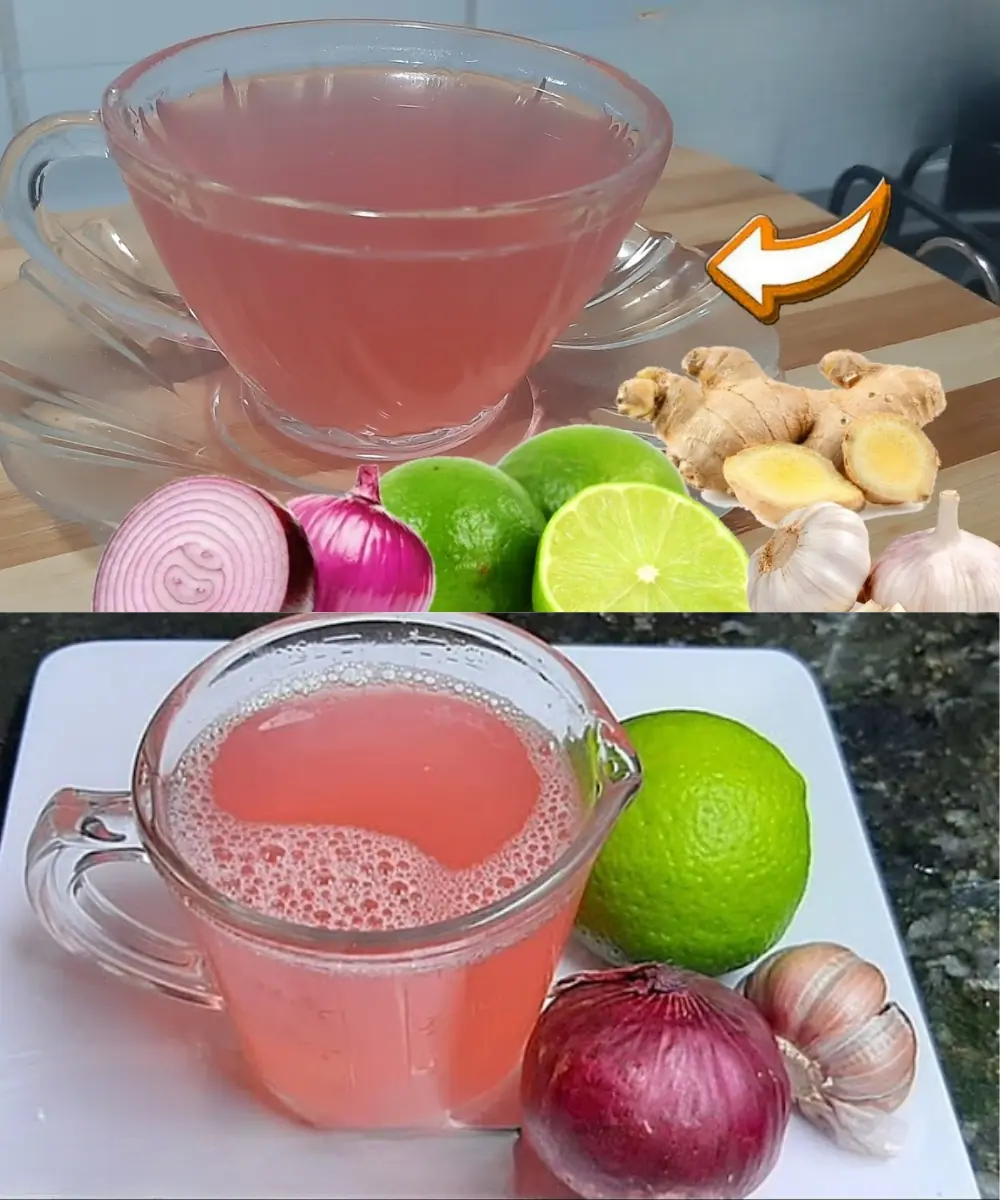
Boost Your Immune System Year-Round with Garlic, Onion, and Lemon
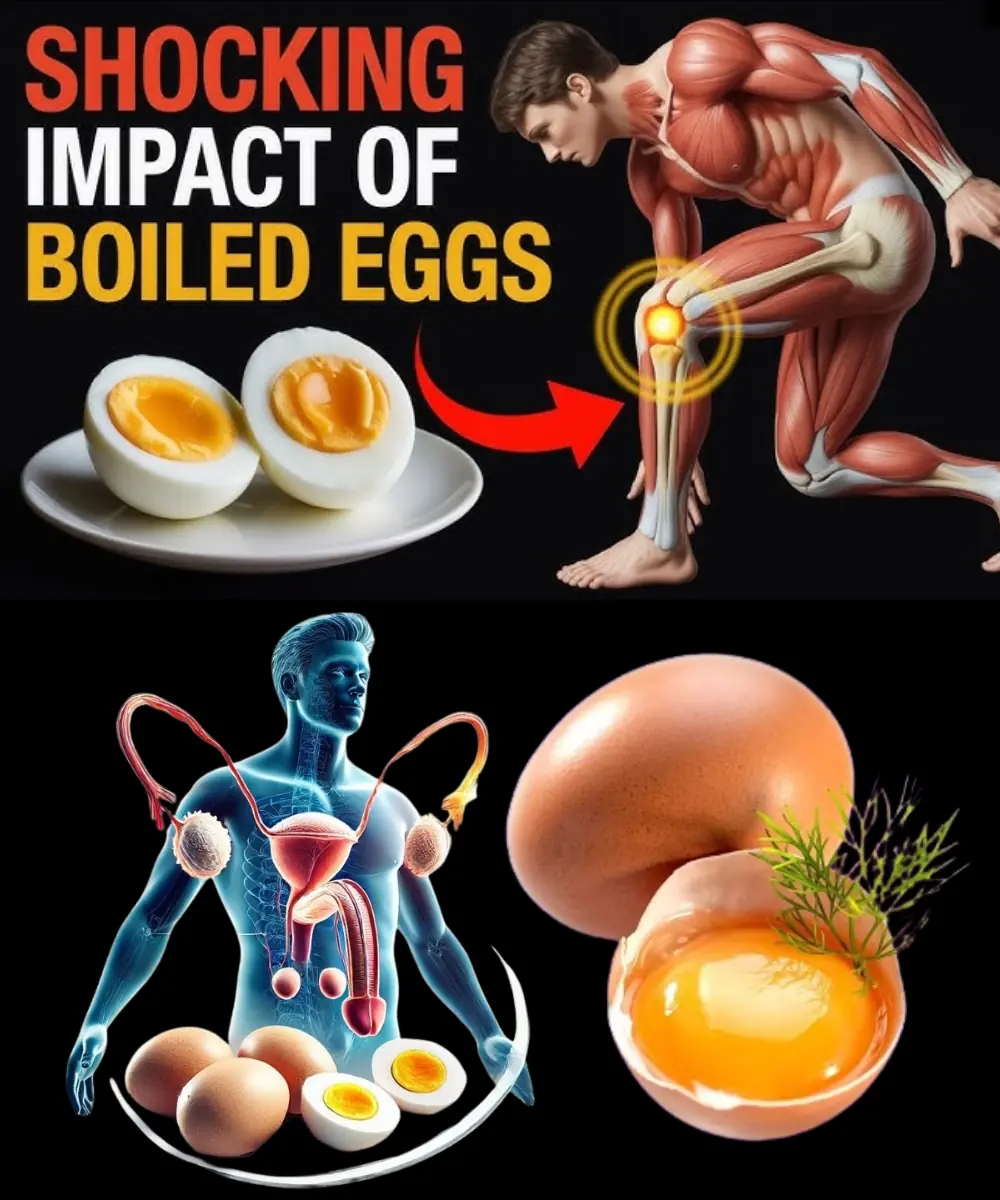
When You Start Eating 2 Eggs Every Day, Here’s What Happens to Your Body (Is It BAD??)
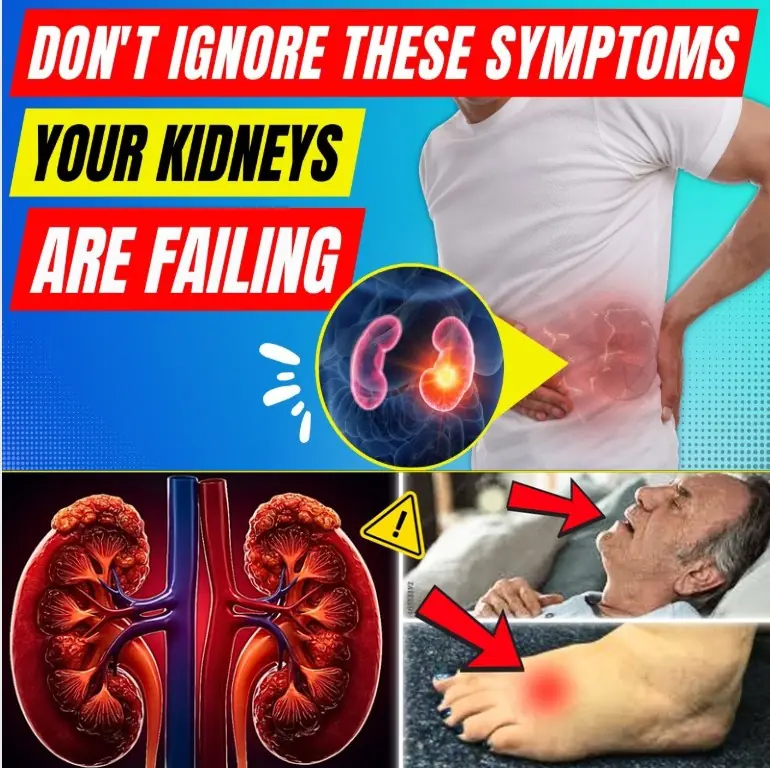
13 Warning Signs Your Kidneys Are Failing – Don’t Ignore These Symptoms
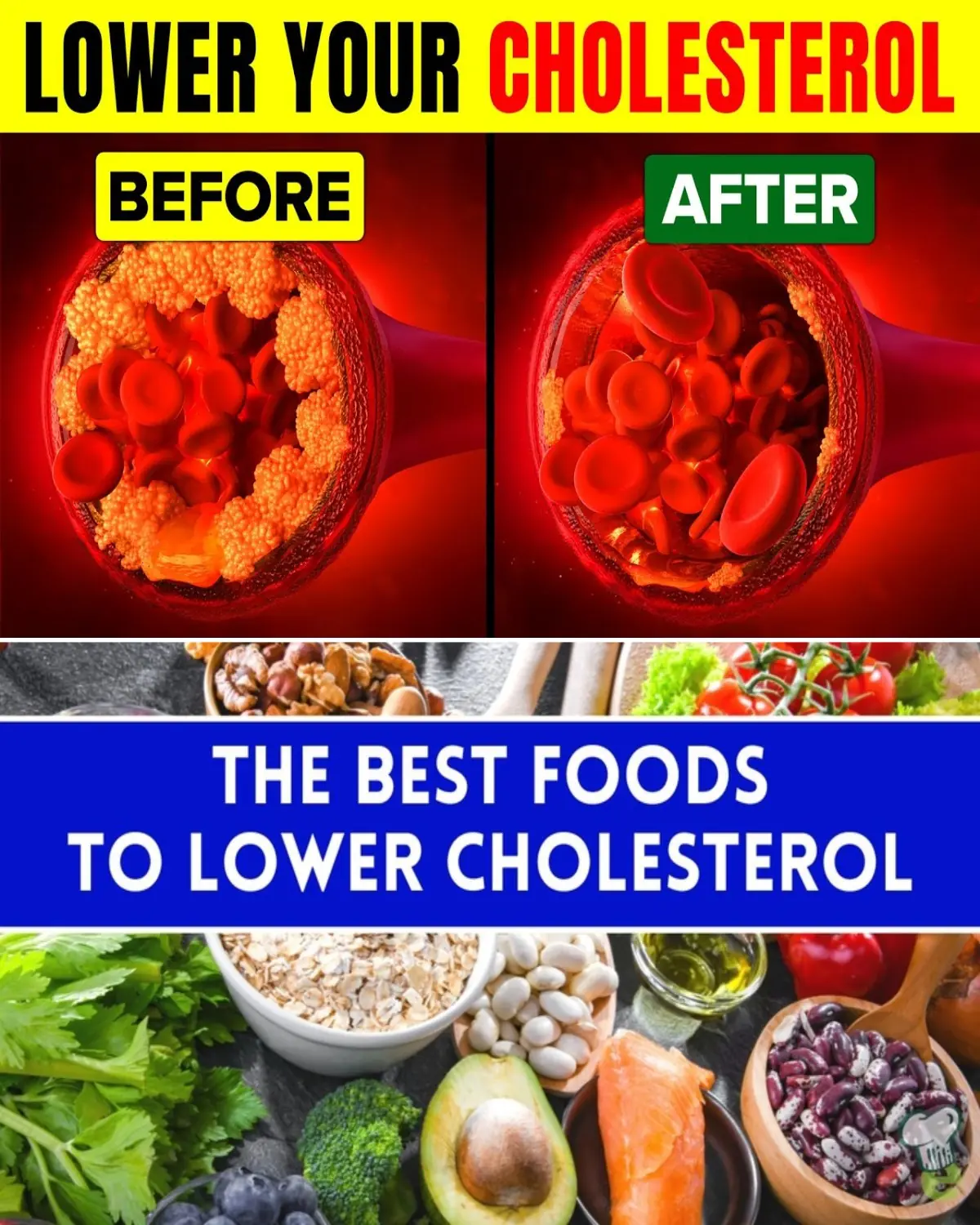
Save Your Heart: 8 Foods to Naturally Lower Cholesterol
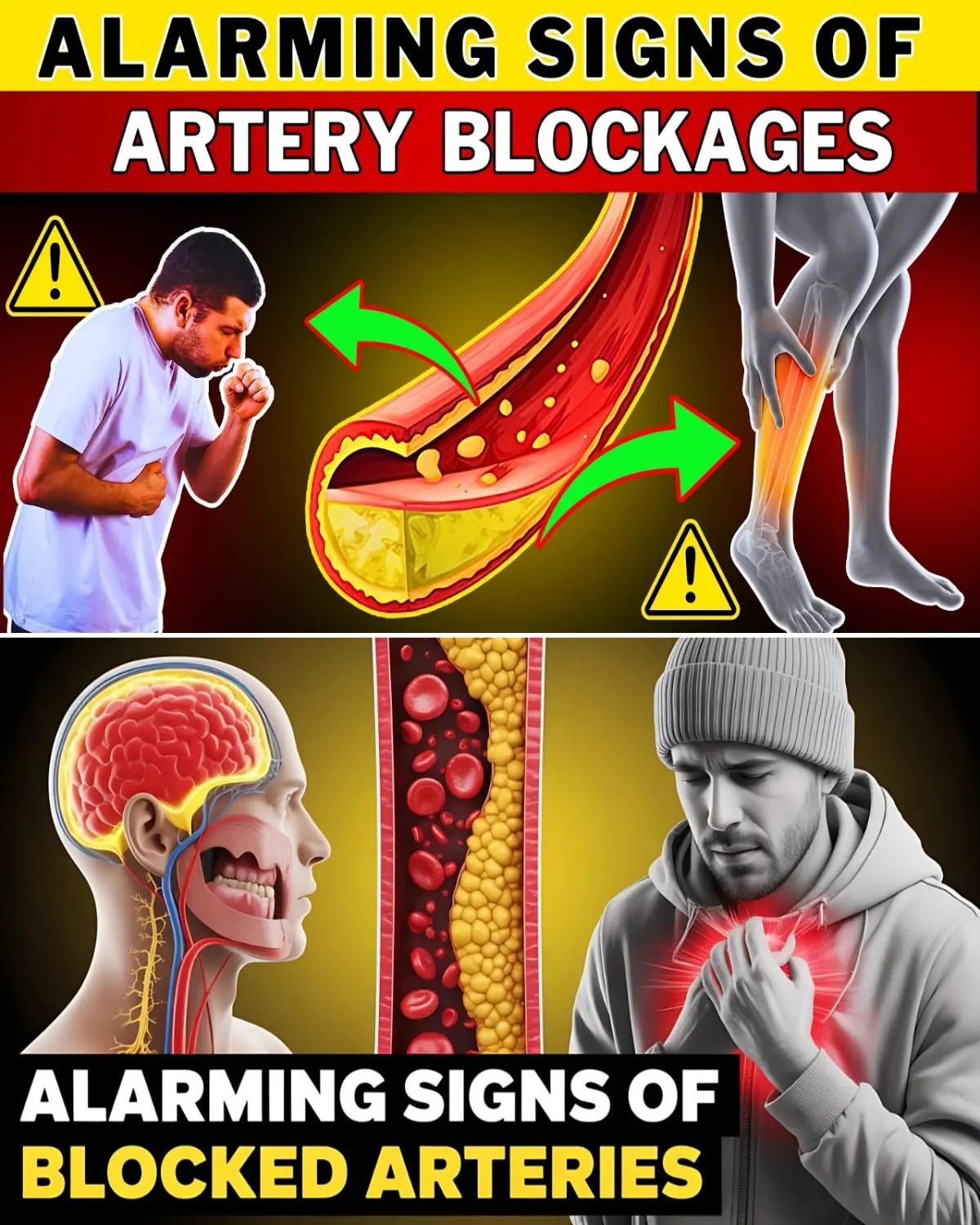
Silent Signs of Artery Blockages Seniors Can’t Ignore
News Post

WHAT HAPPENS WHEN WE TONGUE KISS…See more

Nature’s Secret: 4 Healing Leaves That Support Metabolism, Immunity & Circulation Naturally

Don’t Drink Coconut Water Before You Know These 11 Secrets!

Pumpkin Seed Milk — The Natural Parasite Cleanser

Fast Rice Water Trick for a Brighter Smile

Morning Drink to Revive Your Kidneys Fast

The Onion Recipe That Could Transform Your Blood Sugar, Support Cleaner Arteries, and Protect Your Heart!

Top 4 Fruits That Help Your Kidneys Flush Out Toxins While You Sleep

Ginger, Clove, and Honey: The Natural Trio Your Body Will Thank You For

Heal 15 Years of Joint Pain Naturally with Turmeric and Honey Tea

This Juice Revived My Grandma’s Energy — Say Goodbye to Fatigue and Body Pain with This Natural Recipe

The Benefits of Eating 2 Boiled Eggs Every Morning: Transform Your Health!

If Your Kidneys Are in Danger, Your Body Will Send You These 8 Signals — Don’t Ignore Them

The Surprising Effects of Avocado on Your Heart and Brain

Ways to Get Over a Man Who Didn’t Value You

I’m 66 but Look 36 — My Secret? Aloe Vera & Ginger for Firm, Smooth Skin

How to Make Okra Water to Treat 17 Health Problems Naturally

Banana and Egg Mask to Look Younger Even in Your 80s

Scent Leaf Secrets Unveiled: 10 Surprising Health Benefits of This Miracle Herb
